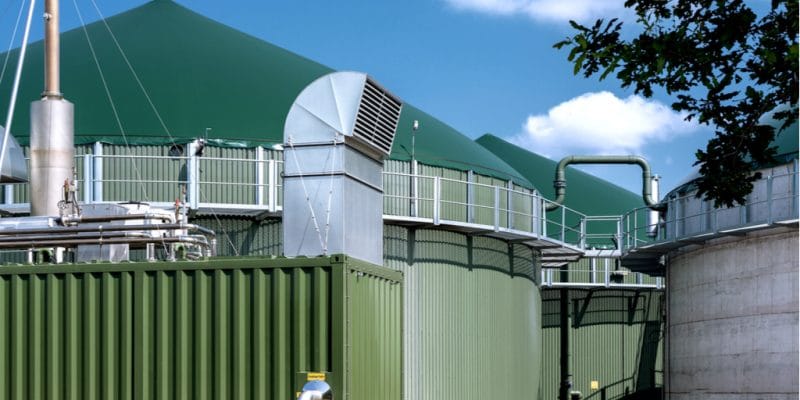The German government has decided to grant a €5 million grant for the construction of a plant that will produce electricity from waste generated by Ghana. The unit will have a capacity of 400 kW.
The Ghanaian government will soon launch a project to build a plant that will use waste to produce electricity. The project recently benefited from German support through the signing of a €5 million grant agreement between Anja Karliczek, the German Federal Minister of Education and Research, and Kwabena Frimpong-Boateng, the Ghanaian Minister of Environment, Science, Technology and Innovation.
“The overall objective of the project, which is part of the country’s Renewable Energy Plan integrated into the 31 national commitments, in response to the Lima (Peru) call for action, is to transform waste into energy using hybrid solar photovoltaic, biogas and pyrolysis systems,” says the Ghanaian government. Pyrolysis is a thermo-chemical process that results in the production of gas from waste. The latter can then be used to generate electricity.
The project will be carried out jointly by three German research partners, six Ghanaian research centres, two German industrial partners, and three Ghanaian industrial partners.
A 400 kW capacity
The implementation of the construction project for the waste-to-energy plant will start on October 1, 2019 and the plant will be commissioned by September 1, 2023. It is expected to provide 400 kW and it plant will not only produce electricity. At the same time, the facility will contribute to an ambitious waste management policy in Ghana.
In addition, “Biochar and digestate (residues from the gas manufacturing process, editor’s note) can be used as fertiliser to stimulate agricultural production in rural communities,” explains Anja Karliczek, the German Federal Minister of Education and Research. The German official said that if this pilot project is successful, 10 more plants of the same type, but of a larger scale, would be built in Ghana. They could produce between 1 MW and 5 MW.
The project will also train two post-PhD fellows, three PhD fellows, ten master’s students, and 20 university professionals on hybrid biogas pyrolysis systems for waste treatment, to enable them to lead and mentor other African countries in the design, construction and maintenance of biogas/biomass plants. A real technology transfer in a context where Ghana is investing massively in waste management.
Jean Marie Takouleu







